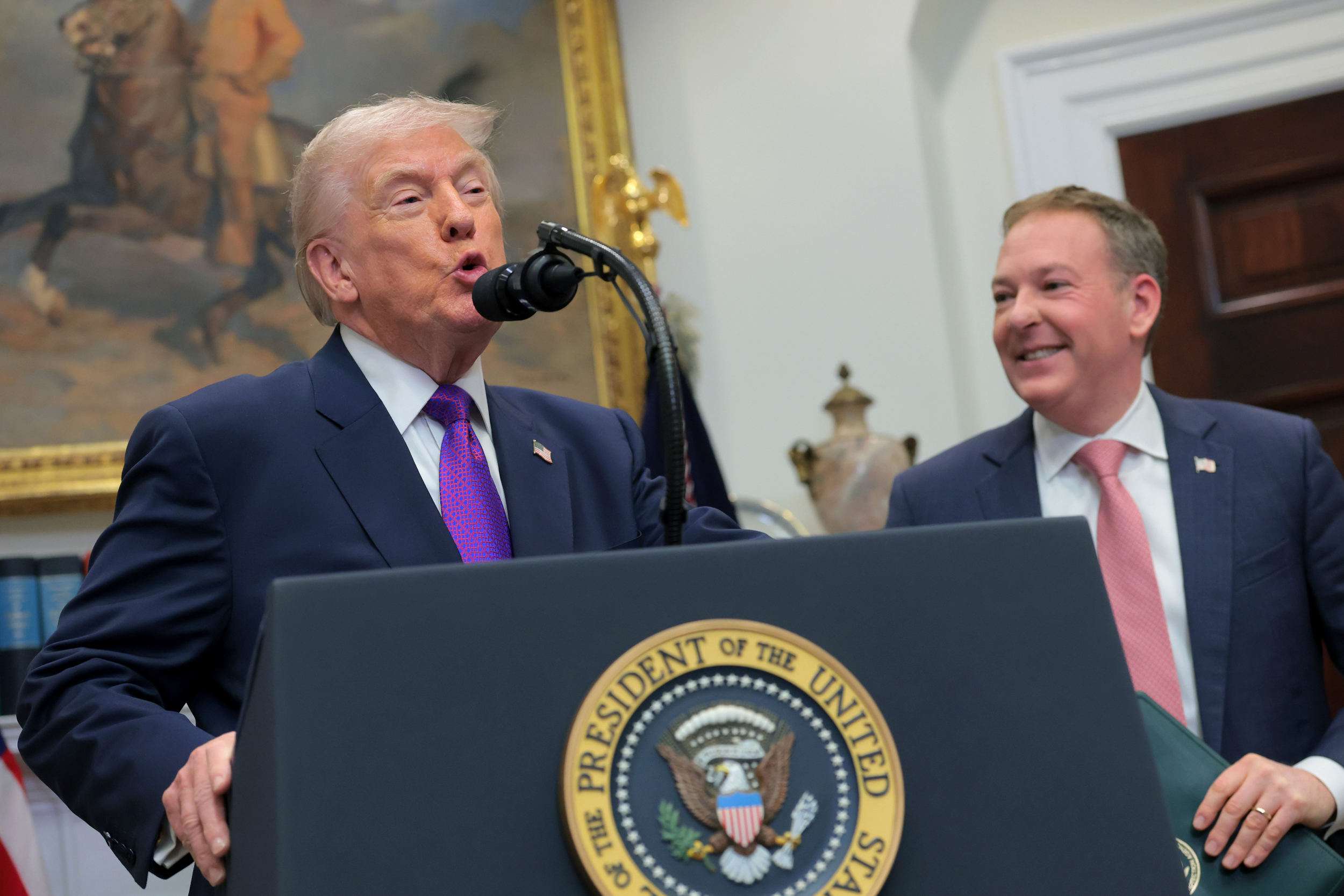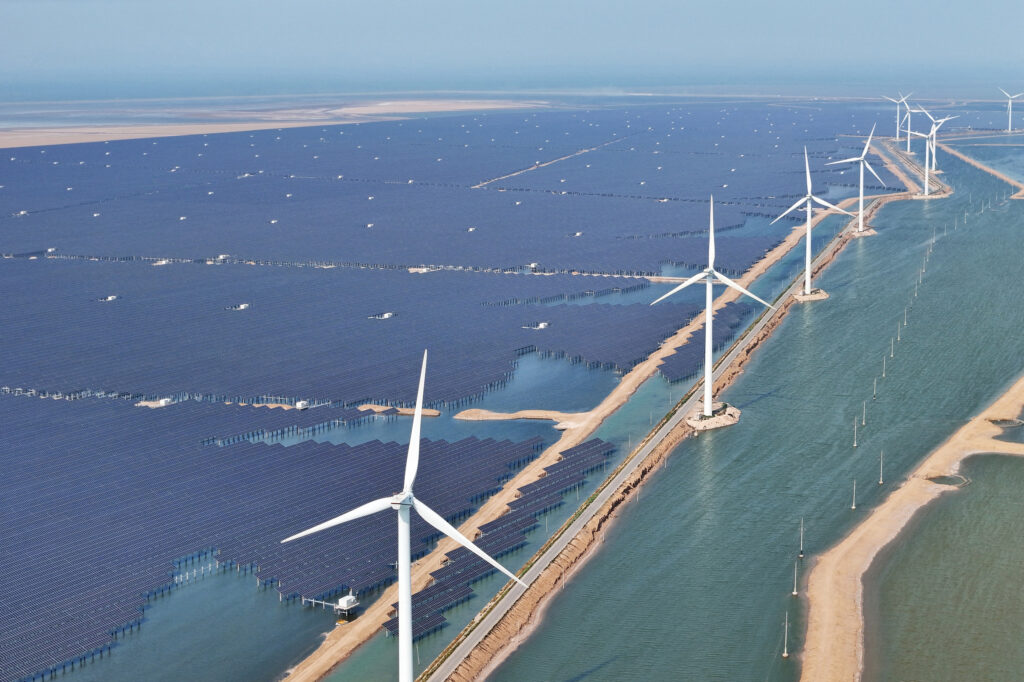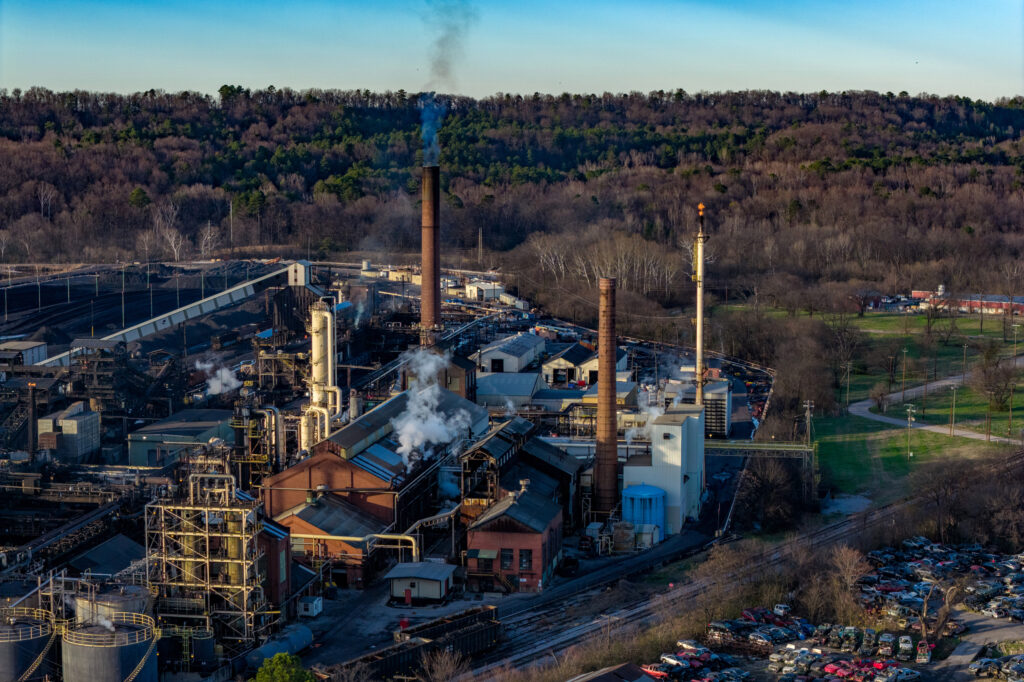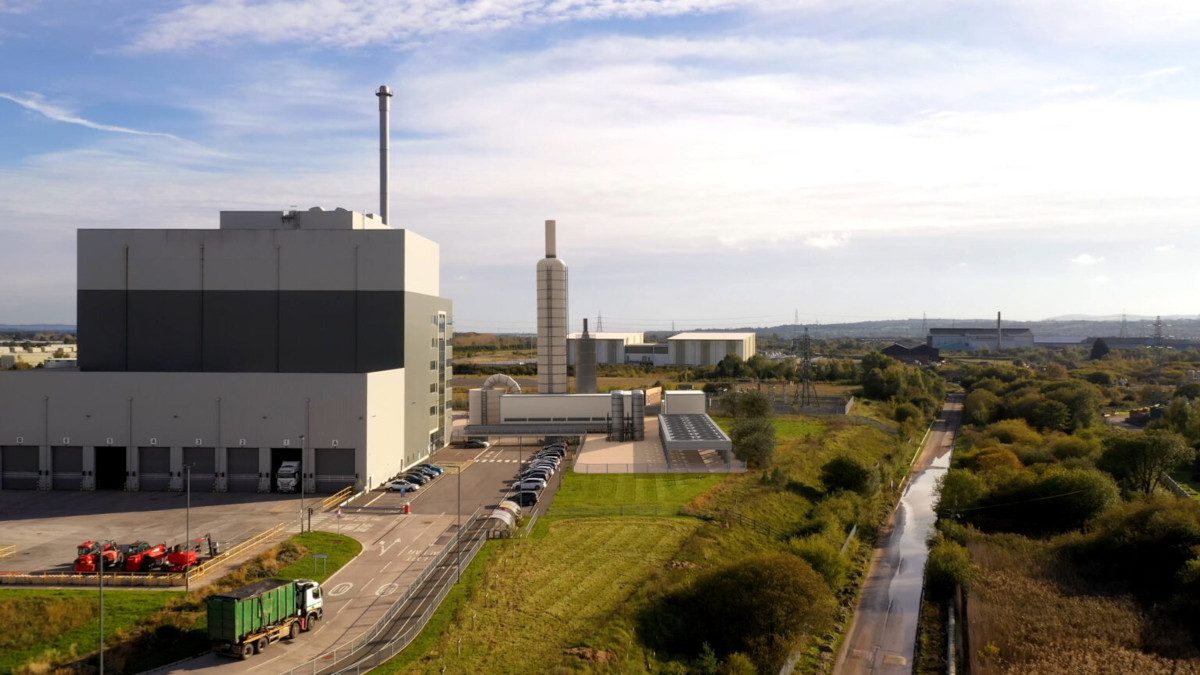Among the many obstacles to enacting federal limits on climate pollution, none has been more daunting than the Supreme Court. That is where the Obama administration’s efforts to regulate power plant emissions met their demise and where the Biden administration’s attempts will no doubt land.
A forthcoming study seeks to inform how courts consider challenges to these regulations by establishing once and for all that the lawmakers who shaped the Clean Air Act in 1970 knew scientists considered carbon dioxide an air pollutant, and that these elected officials were intent on limiting its emissions.
The research, expected to be published next week in the journal Ecology Law Quarterly, delves deep into congressional archives to uncover what it calls a “wide-ranging and largely forgotten conversation between leading scientists, high-level administrators at federal agencies, members of Congress” and senior staff under Presidents Lyndon Johnson and Richard Nixon. That conversation detailed what had become the widely accepted science showing that carbon dioxide pollution from fossil fuels was accumulating in the atmosphere and would eventually warm the global climate.
Explore the latest news about what’s at stake for the climate during this election season.
The findings could have important implications in light of a legal doctrine the Supreme Court established when it struck down the Obama administration’s power plant rules, said Naomi Oreskes, a history of science professor at Harvard University and the study’s lead author. That so-called “major questions” doctrine asserted that when courts hear challenges to regulations with broad economic and political implications, they ought to consider lawmakers’ original intent and the broader context in which legislation was passed.
“The Supreme Court has implied that there’s no way that the Clean Air Act could really have been intended to apply to carbon dioxide because Congress just didn’t really know about this issue at that time,” Oreskes said. “We think that our evidence shows that that is false.”
The work began in 2013 after Oreskes arrived at Harvard, she said, when a call from a colleague prompted the question of what Congress knew about climate science in the 1960s as it was developing Clean Air Act legislation. She had already co-authored the book Merchants of Doubt, about the efforts of industry-funded scientists to cast doubt about the risks of tobacco and global warming, and was familiar with the work of scientists studying climate change in the 1950s. “What I didn’t know,” she said, “was how much they had communicated that, particularly to Congress.”
Oreskes hired a researcher to start looking and what they both found surprised her. The evidence they uncovered includes articles cataloged by the staff of the act’s chief architect, proceedings of scientific conferences attended by members of Congress and correspondence with constituents and scientific advisers to Johnson and Nixon. The material included documents pertaining not only to environmental champions but also other prominent members of Congress.
“These were people really at the center of power,” Oreskes said.


When Sen. Edmund Muskie, a Maine Democrat, introduced the Clean Air Act of 1970, he warned his colleagues that unchecked air pollution would continue to “threaten irreversible atmospheric and climatic changes.” The new research shows that his staff had collected reports establishing the science behind his statement. He and other senators had attended a 1966 conference featuring discussion of carbon dioxide as a pollutant. At that conference, Wisconsin Sen. Gaylord Nelson warned about carbon dioxide pollution from fossil fuel combustion, which he said “is believed to have drastic effects on climate.”
The paper also cites a 1969 letter to Sen. Henry “Scoop” Jackson of Washington from a constituent who had watched the poet Allen Ginsberg warning of melting polar ice caps and widespread global flooding on the Merv Griffin Show. The constituent was skeptical of the message, called Ginsberg “one of America’s premier kooks” and sought a correction of the record from the senator: “After all, quite a few million people watch this show, people of widely varying degrees of intelligence, and the possibility of this sort of charge—even from an Allen Ginsberg—being accepted even in part, is dangerous.”
Jackson then sent the letter to presidential science advisor Lee DuBridge, who responded by detailing the latest science, which showed that while there was uncertainty about the effects of increased levels of carbon dioxide, the greenhouse gas effect was real and a product of fossil fuel combustion.
“We just felt that strengthens the argument that this is not some little siloed scientific thing,” Oreskes said of the episode. “It’s not just a few geeky experts.”
This story is funded by readers like you.
Our nonprofit newsroom provides award-winning climate coverage free of charge and advertising. We rely on donations from readers like you to keep going. Please donate now to support our work.
Donate Now
The new paper is not the first to assert that climate science was well established by the mid-1960s and that congressional leaders were aware of it. Other work, including some cited in the study, has shown that hearings on Clean Air Act amendments explicitly addressed global climate change.
The new work adds breadth and depth to this body of evidence, said Michael Burger, executive director of the Sabin Center for Climate Change Law at Columbia Law School.
In a landmark 2007 decision, the Supreme Court held that the Clean Air Act authorizes the Environmental Protection Agency to regulate carbon dioxide as a pollutant. However, even that ruling claimed that climate science was in its “infancy” when Congress enacted the key provisions in 1970.
The ruling, known as Massachusetts v. EPA, quickly became a target for some political conservatives. Project 2025, a conservative playbook for a next Republican administration, calls for undoing the EPA “endangerment” findings the ruling enabled, though Donald Trump has sought to distance himself from Project 2025 as he campaigns for reelection. The Trump administration reportedly considered such a move in its final days but opted against it.
Michael Oppenheimer, a professor of geosciences and international affairs at Princeton University, said the new study could be “of critical importance” if the Supreme Court were to hear a challenge to Massachusetts v. EPA.
The authors published their paper in a law journal, rather than one focused on history or science, because they hope it will shape future legal challenges and court decisions, Oreskes said.
While several legal and policy experts praised the work for its additions to the history, some questioned how much influence it will have on the Supreme Court’s rightwing majority.
“Unfortunately there’s a big question mark as to how much weight the court will, in any individual instance, place on actual history as opposed to select history that supports the ultimate conclusion that they favor,” Burger said. “One of the big criticisms of the major questions doctrine and the current majority’s use of history is that it does tend to be quite selective.”
He added that the current challenge to the Biden administration’s power plant regulations does not focus on whether the EPA has authority to regulate carbon dioxide but on unrelated, technical questions about which technologies can be used to limit pollution.
What the new research should do, Burger said, is conclusively refute the notion that the EPA cannot regulate carbon dioxide.
“The argument that the Clean Air Act for some reason should not include the regulation of greenhouse gases is simply wrong,” Burger said.
About This Story
Perhaps you noticed: This story, like all the news we publish, is free to read. That’s because Inside Climate News is a 501c3 nonprofit organization. We do not charge a subscription fee, lock our news behind a paywall, or clutter our website with ads. We make our news on climate and the environment freely available to you and anyone who wants it.
That’s not all. We also share our news for free with scores of other media organizations around the country. Many of them can’t afford to do environmental journalism of their own. We’ve built bureaus from coast to coast to report local stories, collaborate with local newsrooms and co-publish articles so that this vital work is shared as widely as possible.
Two of us launched ICN in 2007. Six years later we earned a Pulitzer Prize for National Reporting, and now we run the oldest and largest dedicated climate newsroom in the nation. We tell the story in all its complexity. We hold polluters accountable. We expose environmental injustice. We debunk misinformation. We scrutinize solutions and inspire action.
Donations from readers like you fund every aspect of what we do. If you don’t already, will you support our ongoing work, our reporting on the biggest crisis facing our planet, and help us reach even more readers in more places?
Please take a moment to make a tax-deductible donation. Every one of them makes a difference.
Thank you,


















